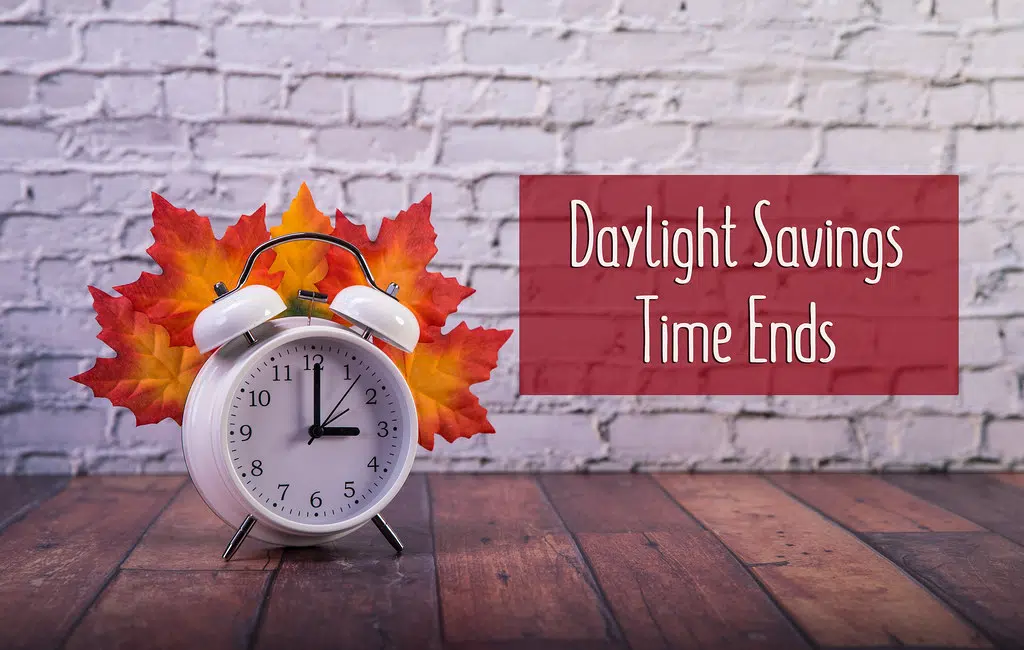This is the weekend in which we “fall back.”
Before you go to bed Saturday night, be sure to turn your clocks back an hour.
Even though it will give us an extra hour of sleep, the time change can have some negative effects.
Dr. Pamela Alonso with LSU in New Orleans says they go beyond sleep disruptions, and some can be very serious.
“Mood changes just based on this time change, and another has been correlations with increases in heart attacks and strokes during those changes,” says Dr. Alonso.
Dr. Alonso says the most common negative effect is a disruption in the body’s natural circadian rhythm.
“Circadian rhythms are physological rhythms that occur in our bodies that synchronize the necessities of our body based on a 24-hour (cycle),” says Alonso.
As a result of the time change, people are going to have to completely alter their daily routines based on daylight or darkness.
“In humans during the light, we are awake, we have specific times of the day when we want to be fed, compared to during the night which is when we just want to sleep,” Alonso says.
It’s perhaps for these reasons that Congress in recent years has debated doing away with biennial time changes altogether as Mexico did in March of 2023.








Comments